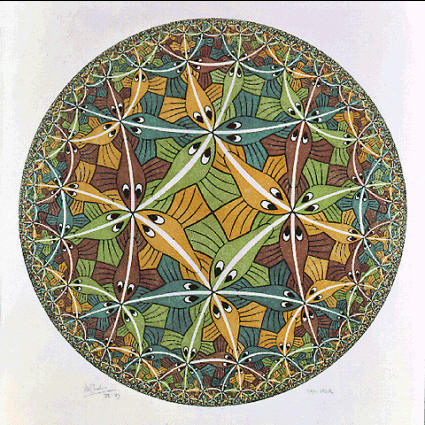Restaurants in Jerusalem
The Algorithmic Game Theory Semester in Jerusalem has been amazing – made a lot of good friends and learned many interesting things. Now, ready to go back to the US, I feel I should share a bit about nice places to go in Jerusalem. Together with Vasilis Syrgkanis, I decided to compile a list of good restaurants, cafes, … specially a list of places open in shabbat (which is quite useful for the visitor).
My Favourite Restaurants
- Machne-yuda : Next to the Mahane Yehuda market, the restaurant menu changes everyday (with a couple of dishes which are always there). The food is whatever is in that day in the market. Everything was perfect both times I went. I strongly recommend the polenta and the black risotto. We took almost 1 month to make a reservation and eventually we got one. Eventually we learned a nice trick – if you arrive there very late (say aroud midnight), it is not impossible to get a table (we got one in the bar right away, arriving at 11:30pm). Elisa Celis suggested this place, and I think Omer Reingold suggested it to her.
- Chakra : There is a tasting menu that is amazing. It is around 160 NIS, but worth every cent. It started with chicken livers, salads, calamari, ceviche, shrimp (the shrimp was awesome), fish kebab and mussels. After the fish part ended, they brought us many meat dishes, like a beef strogonoff (I am still puzzled by how soft the meat was), lamb chops and beef kebab. It ended with a simple, yet perfect, chocolate dessert and ice-cream with tahina. Thanks to Shahar Dobzinski and Sigal Oren for the suggestion.
- Carousella: It is a small restaurant in the corner of the street I used to live in Jerusalem (it is located in the corner of Azza and Metudela in Rehavia). It is a vegetarian French/Israeli restaurant and has my favorite shakshouka in town – it is actually a mix o shakshouka and ratatouille. I also like very much their risotto. We used to have breakfast/brunch there quite a lot – usually getting either the shakshouka or the musli. The house cake is definitely recommended too… It is my favourite place to work (they have wifi and a nice record player and a huge collection of records). Thanks to Omer Tamuz for this suggestion.
Hummus Places
- Lina: It is known as the best hummus in the city (some claim the best hummus in the world). It is located in the Via Dolorosa and not hard to find. Arriving in the Via Dolorosa, you can just ask directions and everyone knows. Everything is recommended.
- From Gaza to Berlin: is a small and super cheap restaurant in Rehavia – their hummus is very tasty (specially the hummus with meat), the kubbeh soup is very nice and their falafel is famous around here.
- Marvad Haksamim (The Magic Carpet): a very nice arabic place – great bread, hummus, … Â The soups are very good (I tried the lentil and the kubeh soup) and the meat is usually good as well. I tried the chopped livers and the kebab. The Mixed Jerusalem Grill is a famous plate, I guess.
Places to eat/work on shabbat: on Saturday and Friday night most of the things in the city are closed, so it is good to know some places to go:
- Restobar: good food and generally open
- Zuni: very nice and open 24 hours a day, 7 days a week. Has every type of meal (brunch, lunch, coffee, drinks), served all the time. Good for working too…
- Mona: a very cool American/Israeli restaurant inside a former art school. Food is very good and has also a very nice bar.
- Spaguettim: nice location, wifi, good coffee and snacks. I never tried the food, though.
- many places on Hillel Street: for example the Iwo Meat Burger (a pretty good non-kosher burger place), the pizza place next to it and a couple of bars nearby
In the old city
- Cheese pie: I don’t know how to give an exact location, but this should help you: very near to the Church of the Holy Sepulcher in the Old City, you can find the Coptic Patriarchate. Try to locate the stairs leading to the Patriarchate and before going up, there is a place that sells only one thing: a cheese pie. There is a big marble table and a man with a bowl of dough, some cheese and syrup. He prepares everything in front of you and then puts it in the oven. It takes around 20 minutes. It is very impressive.
- Armenian Tavern: a very beautiful place hidden in the old city. Food is nice  (the lemonade is very refreshing and tastes great) but the better thing is the feeling that you are dining inside a museum.
Hotel Bars and Cafes
- Mamilla Terrace: the restaurant in the terrace of Mamilla Hotel is pretty nice and has a good view of the old city. It is a good place to go for drinks as well. It is closed (I think) on shabbat.
- Notre Dame Terrace: the Notre Dame hotel has also a great view to the Temple Mount and pretty nice food. It is very relaxing to sit there and look the old city. There is another restaurant in the hotel called La Rotisserie, which I very much appreciated. It is also open on shabbat.
In Tel Aviv
